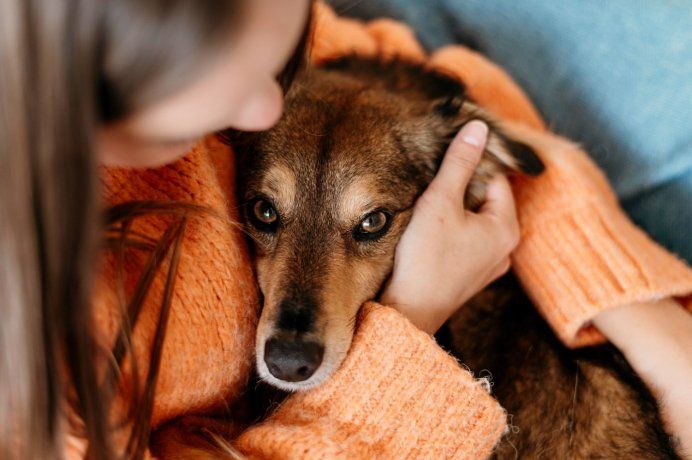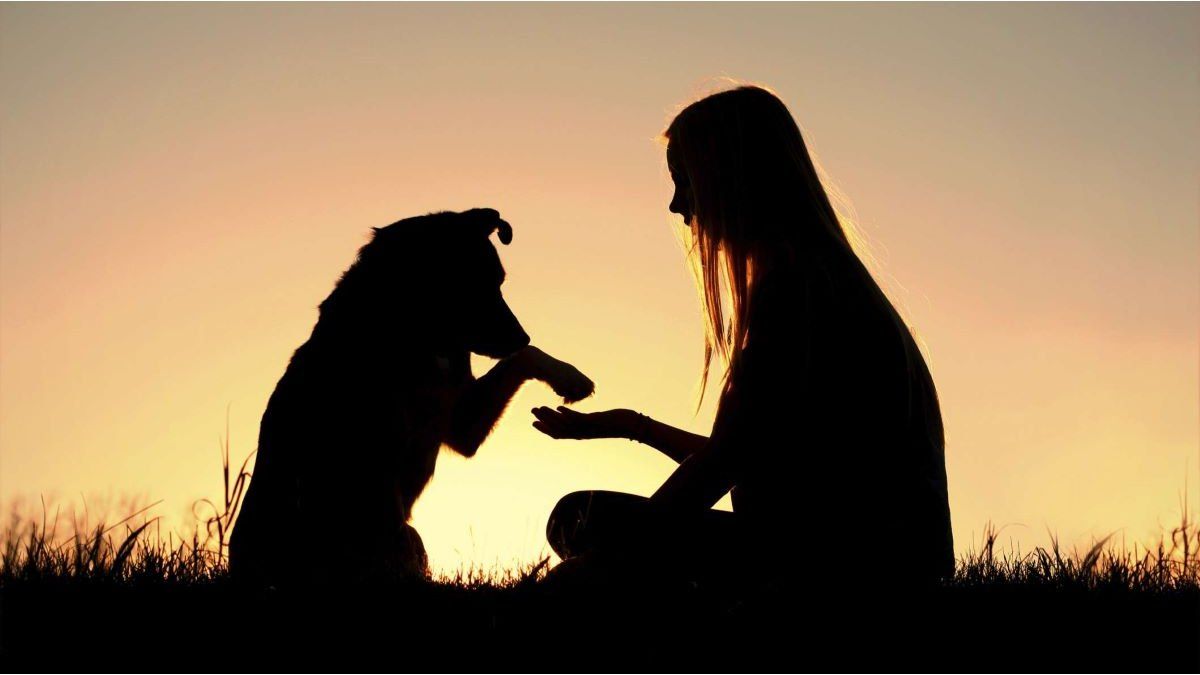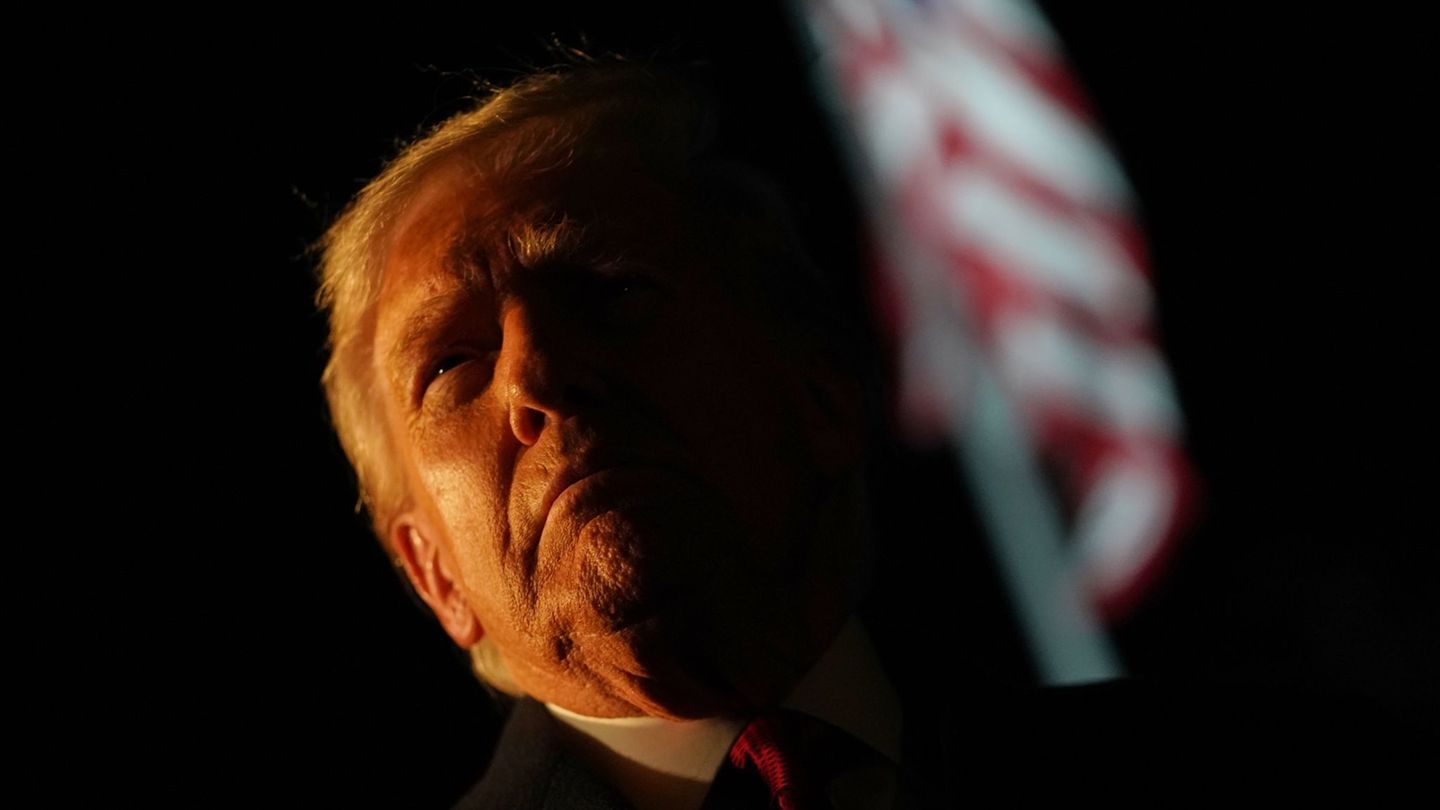The connection between dogs and their owners is a special bond which has intrigued scientists and experts for years. This unique bond based on trust and unconditionality It can help reduce stress, anxiety and loneliness in owners, improving their emotional health. Studies revealed that this connection is based on reasons biological and psychological that benefit humans and animals.
Understanding why these pets connect so deeply with us reminds us of the importance of returning the unconditional love they give us. They already have a place as members of our families and providing them with adequate care, medical attention and quality time is essential to maintaining this special bond.
And if you’ve ever wondered why you feel like your dog looks like you, a study reveals answers based on scientific evidence.
Interest in this close bond led to research into whether dogs can resemble their owners, both in terms of physicality and personality. A study developed by the Max Plank Institute of Geoanthropologywhich included data collection through surveys, behavioral assessments and image analysis of more than 500 cases of owners and their pets over three years, confirmed that these similarities They are not simple coincidencesbut they have scientific bases.
Dogs.jpg
The similarities of dogs with their owners
Researchers identified two main factors that explain why dogs can look like their owners. The first is the initial choice: People tend to choose pets that are familiar to them both physically and behaviorally. This is due to a natural human attraction towards the known, which unconsciously influences the decision.
The second factor is the prolonged cohabitation. Through this shared time, owners and pets often adapt to their behaviors and emotions mutually. This leads to consolidating similarities that are reinforced over time.
And when it comes to physical characteristics, studies show incredible patterns. Researchers, after observing many photos between owners and their pets, discovered, for example, that people with long hair tend to prefer dogs with long ears, while those with short hair choose dogs with shorter ears.
Other important keys to identifying similarities are the eyes. Interestingly, in some experiments, photos of dogs and their owners could be correctly matched by looking only at the eye region.
pets.jpg

Freepik.
However, the similarities between owners and pets they don’t just stop at the physical. The similarities also cover aspects of the personality. For example, extroverted owners tend to share their energy with more active, sociable, and playful dogs; and those with more anxious personalities often have dogs that display nervous behaviors, such as fear of strangers.
This phenomenon can be explained through the emotional co-regulation. This process is where the emotions and behaviors of humans and dogs influence each other over time.
And the last crucial factor to understand these similarities, the learning plays a crucial role. Thanks to its ability to observe and imitatethe dogs they adopt habits and behaviors of their owners. This mutual influence is also reflected in changes over the years: both dogs and owners tend to become calmer and less impulsive with age, which highlights the adaptation and synchronization between both.
What happens with cats?
Although the relationship between cats and their owners is different compared to dogs, it is also marked by the influence of human personality. A study of the Liverpool University showed that people with high levels of anxiety or irritability tend to have their cats also have behavioral problems.
Cats.png

These animals, for example, often exhibit aggressive, fearful behaviors, fear of strangers, and even develop health problems related to stress. While, on the other hand, owners with a more organized and responsible personality tend to have calmer and less anxious cats.
This underlines that the positive traits of the owners contribute significantly to the well-being of your pets.
Furthermore, as in dogs, the choice of the cat also seems to be influenced by the personality of the owner. It is normal that impulsive people tend to prefer playful and energetic cats, while those who are more serene opt for calm and quiet cats.
Source: Ambito
David William is a talented author who has made a name for himself in the world of writing. He is a professional author who writes on a wide range of topics, from general interest to opinion news. David is currently working as a writer at 24 hours worlds where he brings his unique perspective and in-depth research to his articles, making them both informative and engaging.




